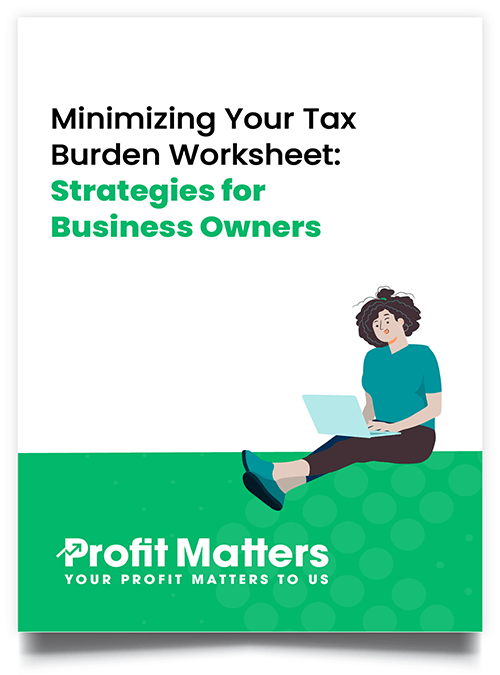Photo by Karolina Grabowska from Pexels
When it comes to personal finance, you can’t afford to be clueless. Without a budget that compiles your total expenses and gives you more wiggle room to save, you may never attain financial stability. What’s more, without knowing your expenses, you might as well be throwing away your hard-earned cash every month.
The only solution to all these is through proper budgeting. Creating a personal budget is easy. You only need to understand the basics of personal finance. For instance, figuring out how to calculate your expenses and earnings will help you implement your budget.
However, I’m 100% convinced that many people get confused when auditing their expenses. And this article serves to answer all questions regarding expenses. Here we provide an in-depth overview of the five most essential expenses to include in your budget today. Ready? Let’s dive in.
1. Groceries
The money you spend on groceries is an integral part of your budget. Keeping track of these expenses will help you manage your finances and cut back unnecessary expenses.
All you need is to create a list of what you typically buy when shopping for groceries. It should include the cost and quantity of each grocery item you buy for easy reference. You should therefore follow the list to the latter when shopping for groceries.
By setting a maximum amount to spend on grocery bills only, you can avoid being swayed by market sales or promotions every month.
2. Utilities
Utilities are the most commonly forgotten expenses to include in personal budgets. Utilities are your electric, gas, internet, and water bills. Although you can bundle internet access into the cable service bill, you can also consider it a separate expense.
However, using energy-efficient appliances will lower your utility bills to a large extent. The bottom line is; your total utility bill will be determined by the size of the house, the number of people who live there, and the number of amenities that make up the property. Be sure to always include these costs into your budget.
3. Housing
Your housing costs will include your mortgage payment and any homeowner’s association dues that you pay directly. For example, If you are a college student you might consider living in off-campus student housing in waterloo so those fees will also need to be included in your budget.
Also, if you are buying a house, including the payment for your new home in your monthly expenses, the same applies to moving to a smaller or less expensive place. You will have to include mortgage payments in your monthly expenses.
Include any fees you pay for real estate taxes, insurance, and homeowners’ fees in your monthly expenses. In essence, if you rarely pay for the above separately, find out what they would have cost, then add them to your monthly budget.
4. Transportation
Transport costs are unavoidable. Whether you live in a big city or a small town, you will need to get around. It is hard to escape that it will ultimately cost you money. For instance, if you live in a big city and have no car, public transport will be a regular part of your life. You’ll need to buy bus or train tickets regularly.
Besides buying tickets for public transport, if you own a car, you’ll need to fuel it. This is an ongoing expense, and depending on how often you drive and how far, it can be costly. Furthermore, don’t forget about the maintenance for your vehicle(s) either!
5. Insurance
Insurance is a type of expense that is best categorized as an investment. However, it’s not technically an investment since you seldom earn interest or dividends.
You should, therefore, look at it as your shield, which protects you from unexpected inconveniences. It makes up for the things that we are rarely prepared for, like car accidents, fires, theft, and floods.
Even though these disasters rarely happen, their impact can instantly ruin a life once they do. What’s worse is that they are unavoidable. So the only way to protect yourself against these disasters is by paying for premium insurance.
Although paying for the insurance itself is an expense, you will always benefit hugely in case of inconveniences. With that in mind, include insurance in your budget.
A restorative practice to include in your budgeting is estimating your income and expenses together. The good idea is to anticipate what you will be earning in the coming months before making big purchases. The more specific you can be in your estimation, the better.
As you can see, expenses can creep up on you unexpectedly. And this calls for good budgeting. Ideally, you would have an emergency fund available to help get you through hard times. Having a written budget of your expected income and expenses enables you to plan for these and keep on track with your financial goals.



